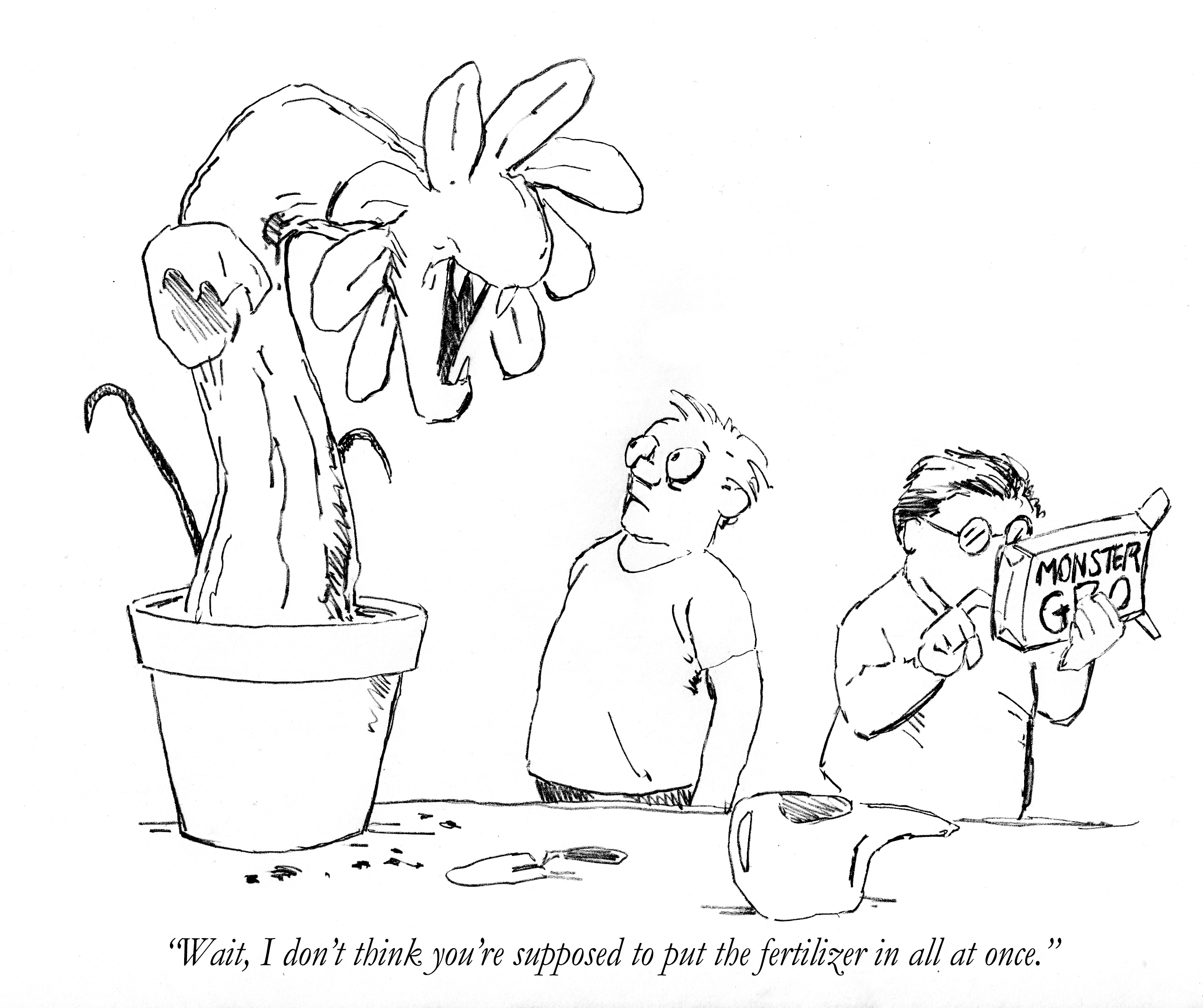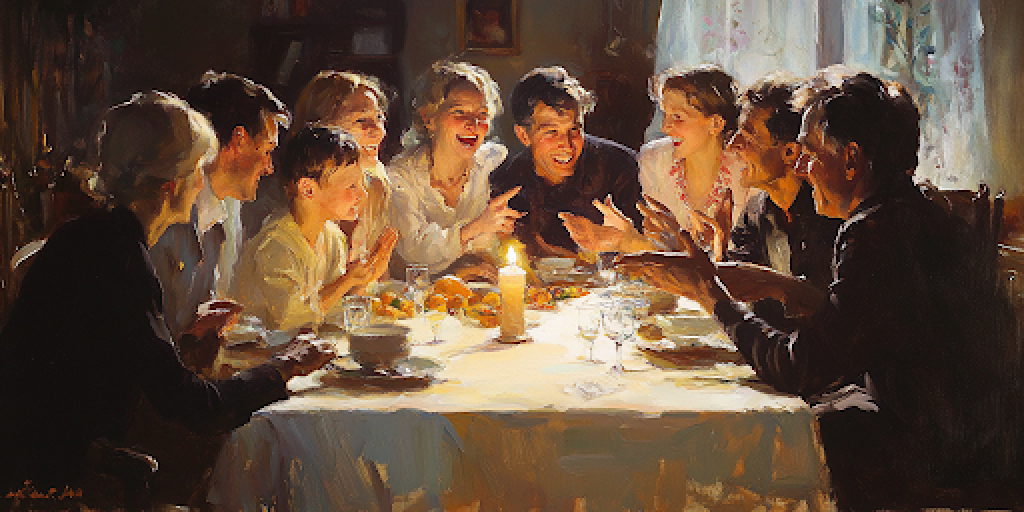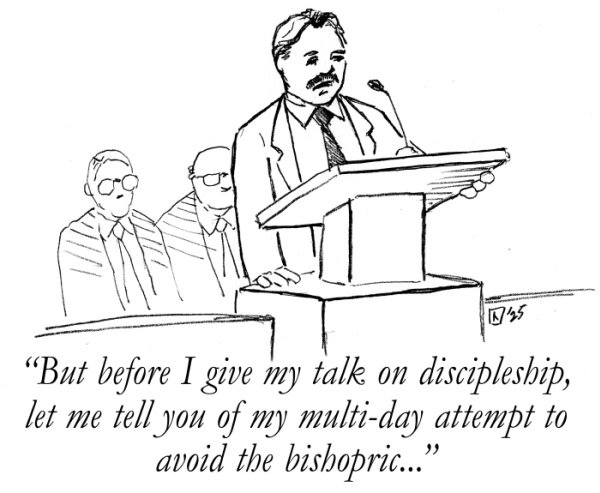Have you been tempted to discount the message of the song “Count Your Blessings?” Recent research suggests that might be a mistake. People who count their blessings (one by one) report being happier and less depressed. Gratitude is often defined as a recognition of the goodness in your life, and being aware of fortunate circumstances seems to make life a little better.
Despite this easy definition, gratitude is not simple. It’s rather complex. It can range from feelings of appreciation to a sense of benefit from being able to give and help others. Gratitude helps us as individuals feel and function better, but also creates a sense of connection and even healing within our relationships—romantic and otherwise.
Gratitude and Individual Well-being
Gratitude is regularly and strongly connected with happiness. Grateful people feel more positive emotions, savor good experiences, report better health (better sleep, lower blood pressure, and fewer aches and pains), deal with adversity better (more optimism and positive emotion), and report more joy and pleasure. It’s no wonder that gratitude is considered the best medicine as it heals the body, mind, and soul. Gratitude is regularly and strongly connected with happiness.
Rabbi Harold Kushner admonished, “If you concentrate on finding whatever is good in every situation, you will discover that your life will suddenly be filled with gratitude, a feeling that nurtures the soul.” Gratitude is not about what we get but the quality of how we live. Life-changing gratitude opens our awareness to all the goodness in our lives.
Gratitude and Relationships
Gratitude is a social emotion, and it is relational or interactive in nature. Gratitude strengthens relationships because it encourages support or affirmation by a loved one. One theory suggests that gratitude is meaningful for relationships because it fuels an upward spiral of mutually responsive behaviors. In fact, therapists have attributed gratitude with creating a positive feedback loop.
Gratitude does not ask that we ignore the hard parts of life. We acknowledge that life is difficult and not necessarily what we want. However, even when only the fringes of our present experiences are good, we can celebrate the small joys. Because gratitude helps create connection even in the context of lack or scarcity, it increases feelings of abundance when feelings of want could rob joy.
Research shows that gratitude is one way partners can slow down and be more mindful and present in a relationship, which benefits not only the romantic relationship but the sexual relationship as well.

Grateful individuals see a network of relationships and recognize how these connections contribute to a meaningful life. Having others who look out for your success, peace, and well-being dispels feelings of loneliness and encourages a sense of belonging. Gratitude fosters love, compassion, and mercy.
Gratitude as Giving
Kristen Armstrong said, “When we focus on gratitude, the tide of disappointment goes out, and the tide of love rushes in.” Sometimes, this tide of love encourages us to seek out ways to help others—serve, donate, lift, or comfort. We feel good spending our time or resources to help the next guy down the line. “Pay it forward,” some might say. Again, finding joy in giving, lifting, or inspiring creates a positive feedback loop, which means we feel good when we give, and then we desire to give more freely.
Gratitude is thought to be the mother of all virtues. The spiritual benefits of gratitude foster love, compassion, and mercy, to name a few. Gratitude, like mercy, benefits both the giver and the receiver.
Shakespeare said of mercy:
The quality of mercy is not strain’d.
It droppeth as the gentle rain from heaven
Upon the place beneath. It is twice blest:
It blesseth him that gives and him that takes.
Try It Out
Think you don’t have time to practice gratitude? Think again. It’s a quality of being. Gratitude requires a short mental pause to consider external goodness that benefits us—for example, people, nature, or God. Gratitude is free and has no negative side effects, and any dosage begins the process of healing and happiness. We can boost our levels of gratitude and help gratitude grow stronger with use and practice. Embracing the spiritual benefits of gratitude takes no more time than grumbling about something and changes the trajectory of your moods and behaviors and even your relationships with others. This season of Thanksgiving may be the perfect time to develop a little more gratitude.

















